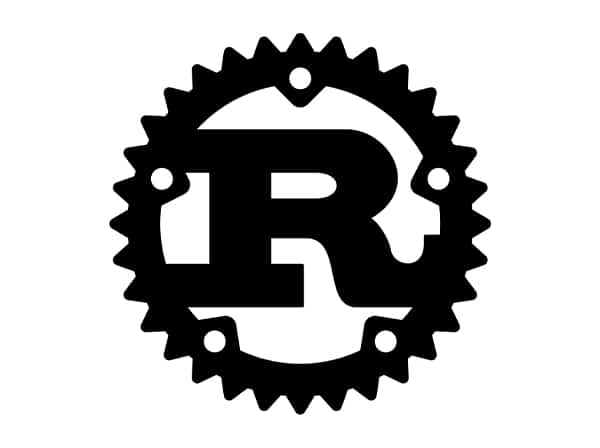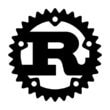Rust is a strongly-typed systems programming language that aims to provide both safety and performance. One of the key features that set Rust apart from other programming languages is its ownership and borrowing model.
Ownership
In Rust, every value has an owner, which is responsible for managing the value’s memory. This means that there are no garbage collectors or reference counting mechanisms, which can slow down the performance of a program. Instead, Rust uses a unique ownership system to manage memory. When the owner goes out of scope, Rust automatically deallocates the memory associated with the value. This means that Rust programs do not suffer from common memory-related errors like null pointer exceptions and memory leaks.
The Rust ownership model ensures that there is always a single owner for each value. This prevents multiple threads from accessing the same value at the same time, which can cause data races. Additionally, the ownership model ensures that values are always initialized before they are used, which prevents uninitialized memory errors.
Borrowing
Rust also allows for borrowing, which allows a function or method to borrow ownership of a value without taking ownership of it. This is useful when passing values to functions or when working with mutable references. When a value is borrowed, Rust ensures that it is not modified or destroyed while it is still being used. This prevents common programming errors like data races and makes it easier to write concurrent and parallel code.
The Rust borrowing model allows for both immutable and mutable borrowing. Immutable borrowing allows multiple references to a value, but these references cannot modify the value. Mutable borrowing allows a single mutable reference to a value, which can modify the value. Rust ensures that there are no data races when using mutable references by only allowing a single mutable reference at a time.
Conclusion
The Rust ownership and borrowing model is a powerful tool for preventing common programming errors and ensuring safe, performant code. By enforcing strict rules around ownership and borrowing, Rust makes it easier to write reliable, efficient code without sacrificing safety. The ownership model prevents null pointer exceptions and memory leaks, while the borrowing model prevents data races and uninitialized memory errors. These features make Rust a popular choice for systems programming and other performance-critical applications.



